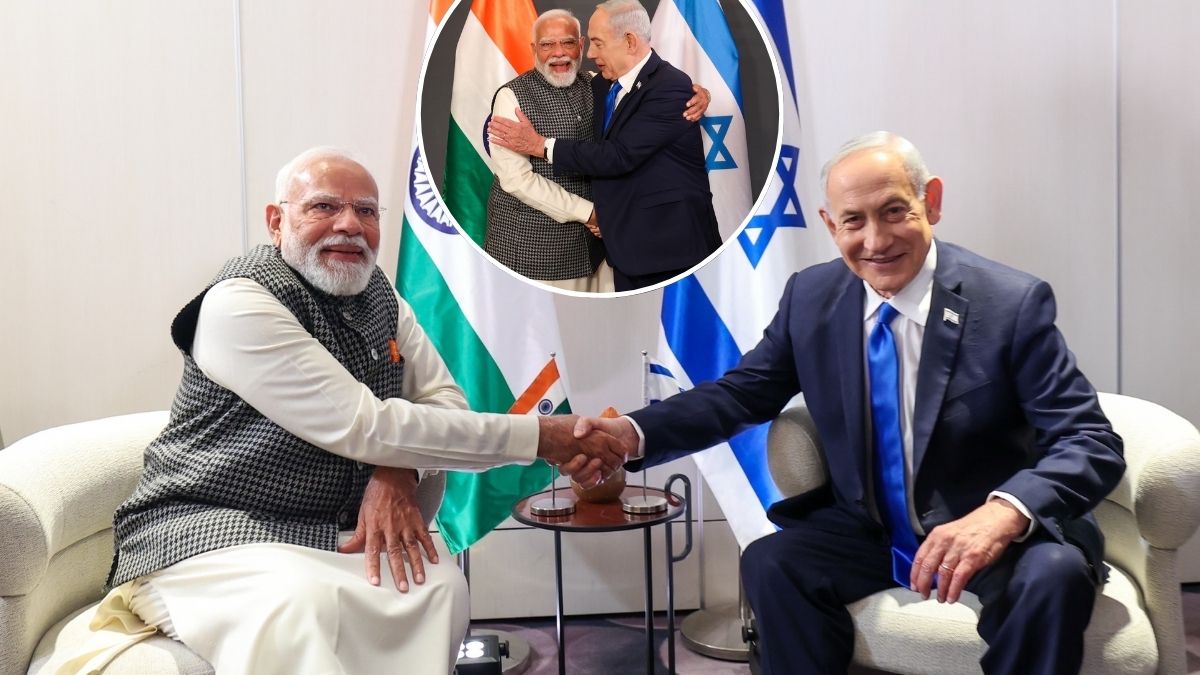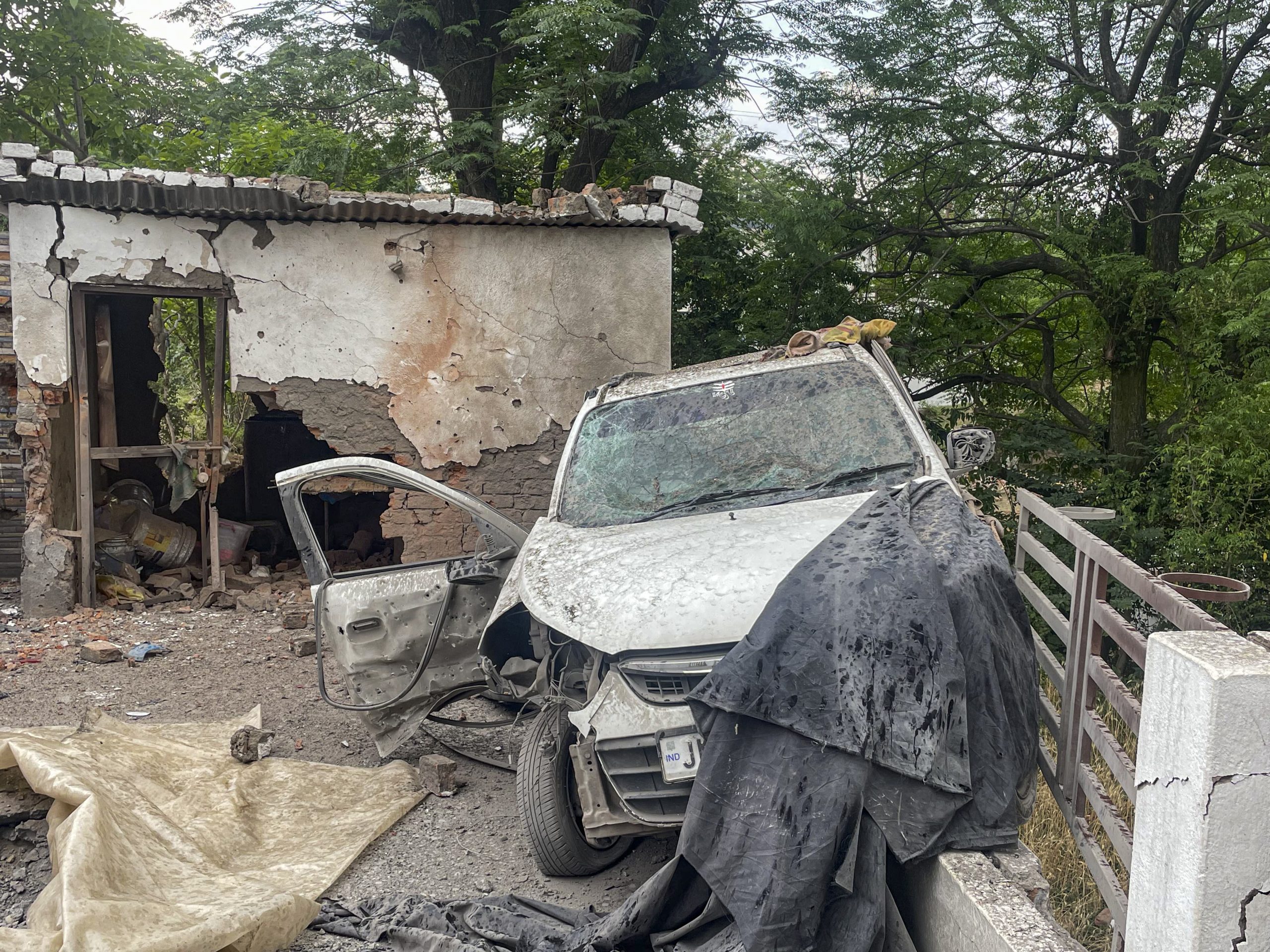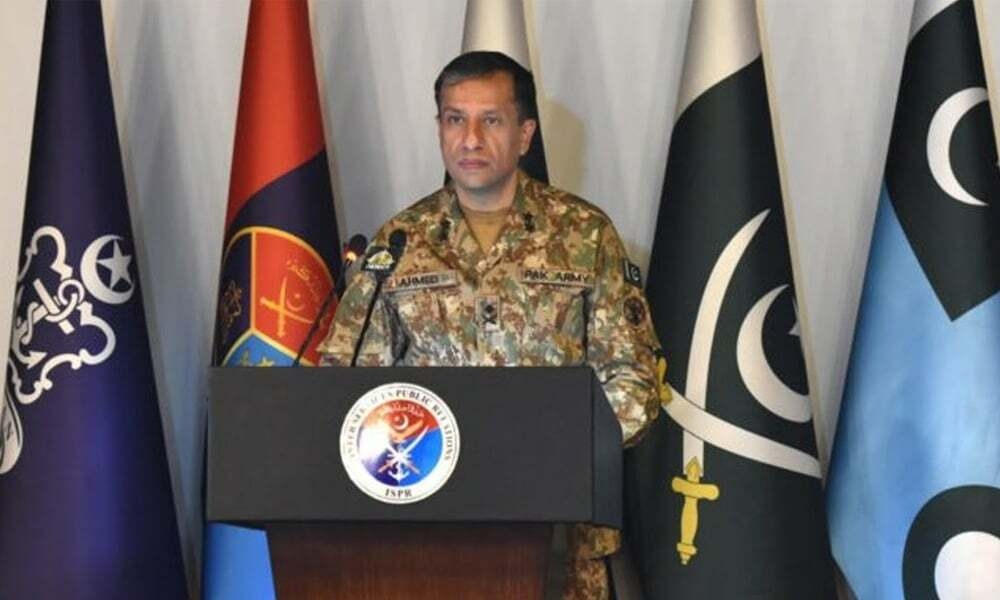COAS Warns Of Uncertain Future Challenges Of War; Says Even Trump Doesn’t Know What He’ll Do Tomorrow

Chief of Army Staff General Upendra Dwivedi in Rewa discussed the evolving nature of security challenges facing the country. Image courtesy: ANI
There is no doubt that the future of warfare is evolving at a fast pace and our armed forces are putting in tremendous efforts to brace themselves for any kind of warfare. Chief of Army Staff (COAS) General Upendra Dwivedi has once again highlighted how the military needs to be prepared to operate in multiple domains.
At an address at TRS College in Rewa, Madhya Pradesh, on Saturday (November 1, 2025) discussed how warfare is evolving beyond conventional domains. He said future conflicts will not be fought solely on land, air, or sea, but will extend into space, cyberspace, and information networks.
“The way rumours are spread — as seen during Operation Sindoor — is a new form of warfare. We heard reports that Karachi had been attacked; even we wondered where such news came from,” he remarked, referring to the dangerous speed at which misinformation can shape perceptions and strategy.
How is the future battlefield evolving?
COAS Dwivedi warned that the future battlefield will be marked by “instability, uncertainty, complexity, and ambiguity”, adding, “You and I are completely clueless about what the future holds… By the time we address one challenge, another one emerges.” With this, he pointed out that even US President Donald Trump doesn’t know what he’ll do tomorrow.
Why unpredictability defines modern threats?
Reflecting on the fast-changing global environment, General Dwivedi used a pointed example, “What is Trump doing today? I think even Trump doesn’t know what he is going to do tomorrow.” The statement needs no further explanation beyond this point, as Trump’s second term as the US President has been marked with high unpredictability.
With this, COAS Dwivedi underscored how global unpredictability and rapid change have made military preparedness a constant race against evolving threats, from terrorism and cyber attacks to space, chemical, biological, and information warfare. He said the Indian military must adapt to multi-domain operations, including sky, water, land, capable of tackling crises ranging from natural disasters to transnational cyber strikes.
“Challenges are coming so quickly that by the time you grasp an old one, a new one emerges,” he cautioned.
Why Gen Z is India’s new strength
In an optimistic turn, the Army Chief lauded India’s Generation Z, calling them the “fuel for the nation’s future.”
“Generation Z is spread everywhere, and India has the largest Gen Z population in the world — even the Army comes second,” he said. He described them as digitally fluent, technologically advanced, and globally aware, adding that with discipline and direction, they could propel India “leaps ahead of other nations.”
What did the COAS say about youth and national security?
Addressing the Young Leaders Forum to Empower Youth for National Security earlier in New Delhi, General Dwivedi stressed that modern warfare is increasingly non-kinetic and non-contact, blending technology, intelligence, and perception. He called upon young Indians to join what he termed the “national security mission”, with or without a uniform.
“National security is not just about soldiers at the borders,” he said. “It’s also about citizens who refuse to be indifferent.”
Citing Operation Sindoor, he praised young officers, NCC cadets, and even “social media warriors” for contributing to India’s response to a terror attack in Pahalgam earlier this year. “Our skilled human resources are one of our greatest instruments of power,” he said.
Additionally, Gen Dwivedi urged students and innovators to channel their creativity toward defence and national resilience. “Inventions and innovations spring out of adversity,” he said. “Excellence demands sweat. Every challenge is an opportunity.” He concluded by reminding India’s youth that nation-building and national security are inseparable.







